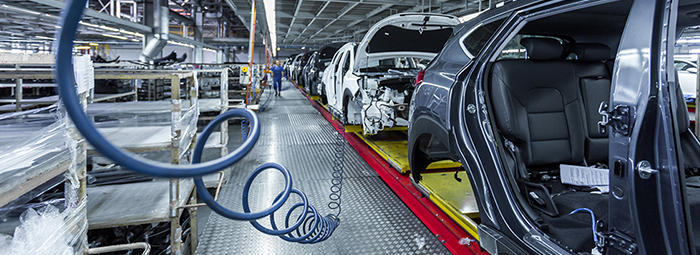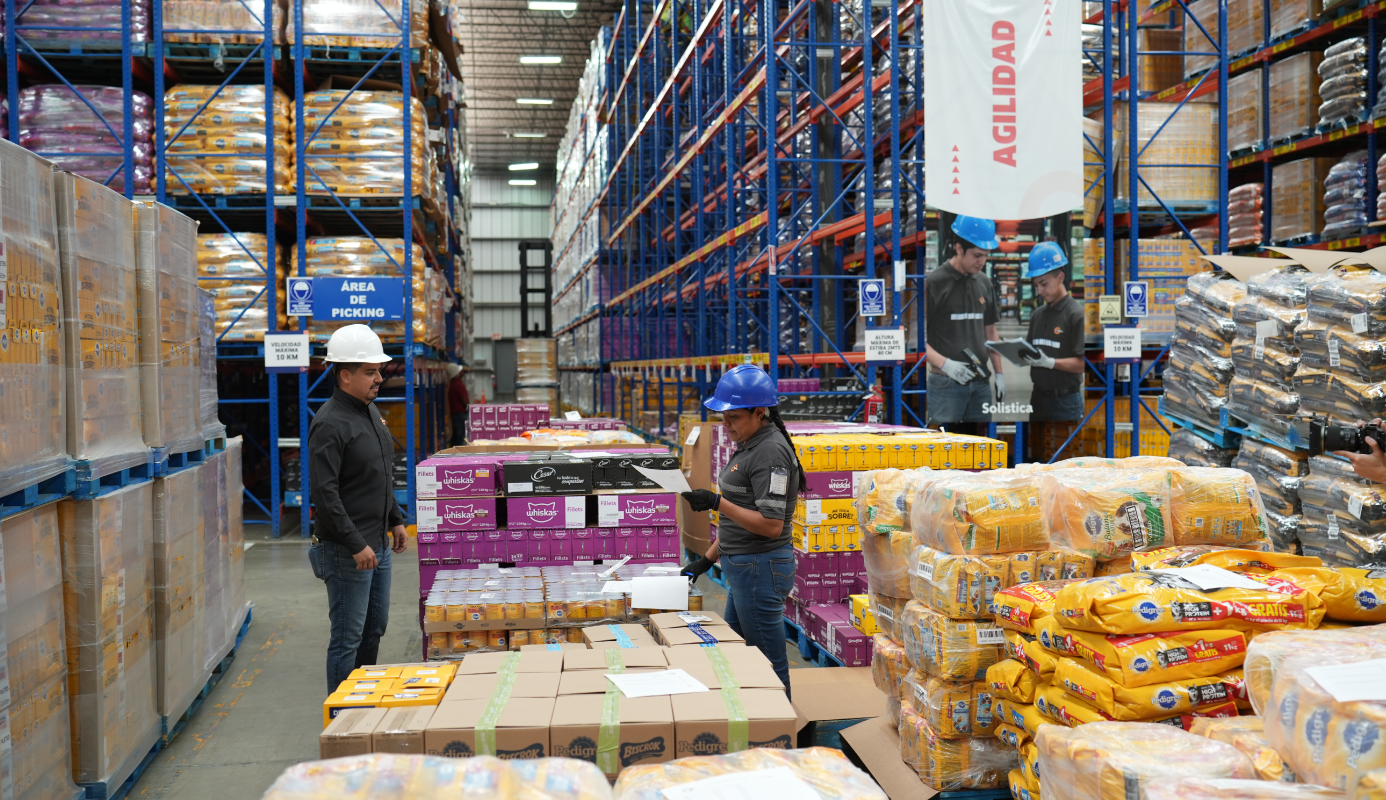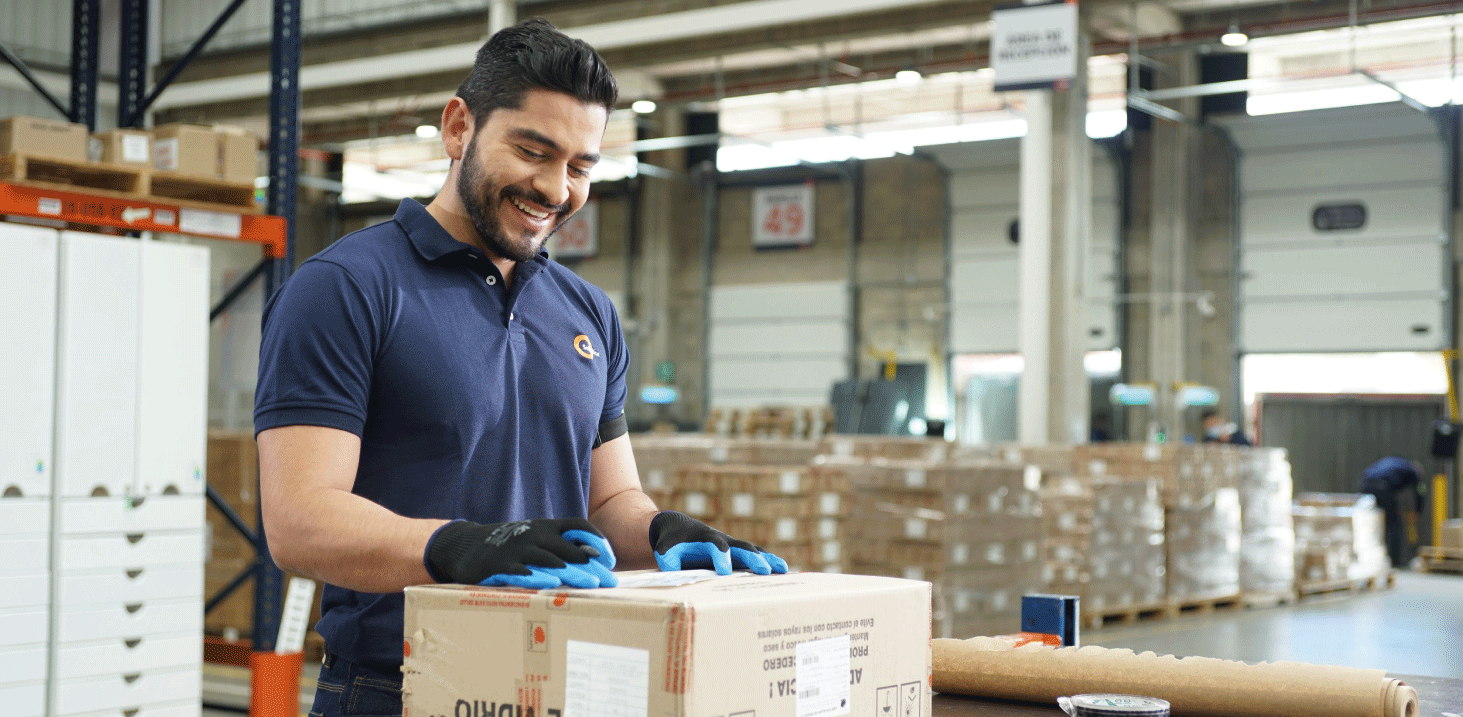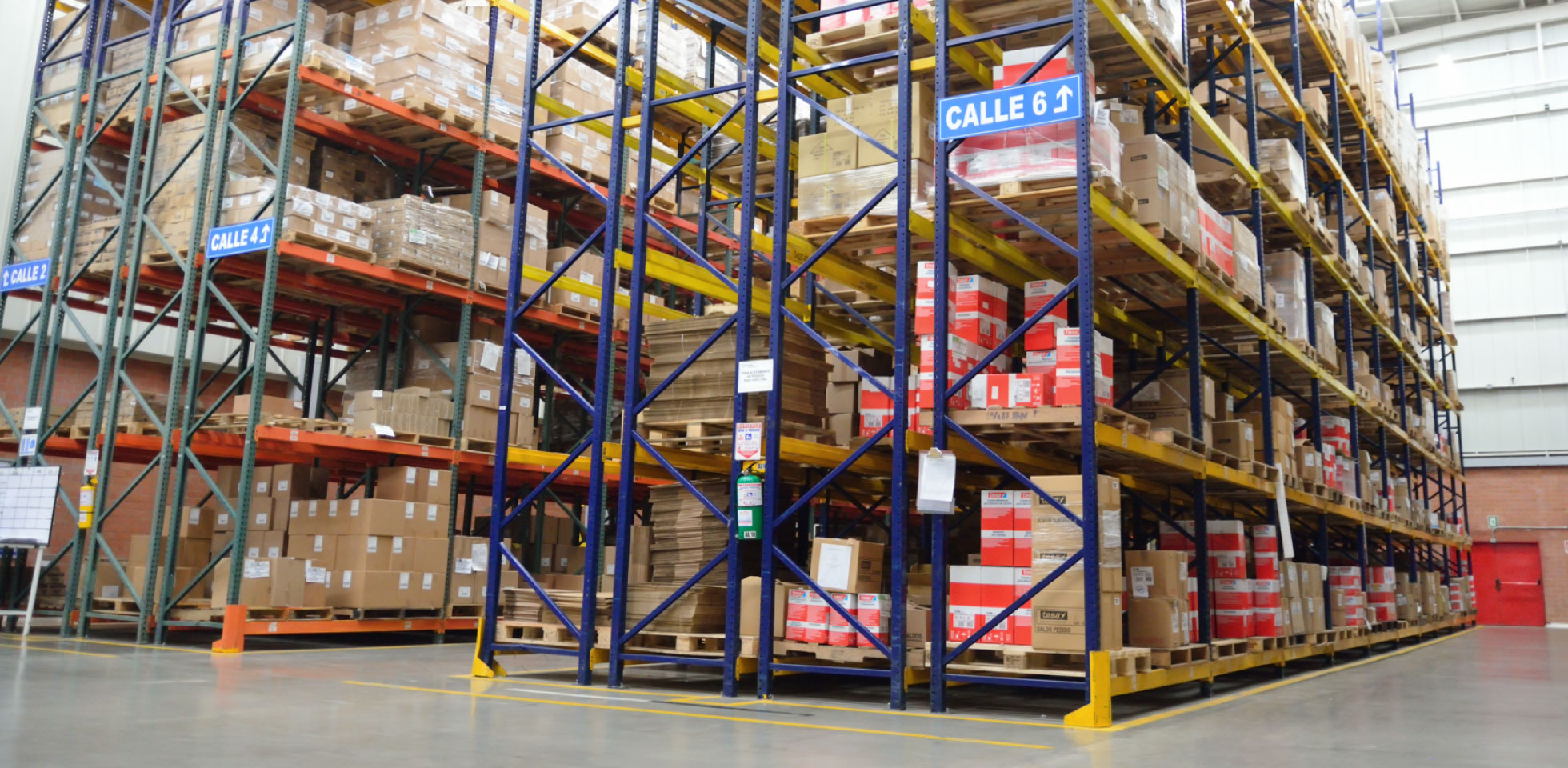The auto industry continues growing throughout Latin America, and the car parts market along with it. By 2020, the manufacturing of car parts is expected to reach a value of 100 Billion dollars, placing Mexico as the 4th manufacturer of car parts globally.
In addition, Mexico is expecting the arrival of more suppliers for this sector.
Finding the most efficient way to manage the supply chain becomes essential in this scenario of expansion and increasing demand on time. In other words, logistics comes to the forefront, both for keeping production lines going and for making the best use of this industry’s sustained growth.
The ideal scenario is to have a trustworthy and experienced logistics partner, this allows companies to optimize their manufacturing times, improve market margins, and lower the costs of logistics, which may amount to 40% of total sales[1].
In fact, increasingly more companies around the world are looking at the supply chain to lower costs, use assets better, and even to create new income.
The key factors
- Time in market: the stage the company is in in its life cycle, as defined by sales and the years it has been operating.
- Process methodology: logistics companies must be able to carry out diagnostics by studying indicators for supply, warehousing, inventory, transportation, distribution, customer service, reverse logistics, social responsibility, and logistics costs. According to the diagnostic’s results, the company and its logistics partners must decide what tools better serve their needs.
- Aditional services: these are the added-value services offered by specialized logistics companies to help meet the standards and regulations before, during, and after the transportation and warehousing stages, and to optimize the whole supply chain in a comprehensive manner. These services include customization, kitting, packaging, labeling, palletizing, reverse logistics, refunds, product refurbishing, and managing the inventory of suppliers, among others.
- Technology and infrastructure: they relate to business intel and its application on logistics, and to the possibility of exchanging the information yielded by technology immediately, thanks to which, companies can make sense of internal and external processes in minutes. The best logistics companies already use technology such as Radio Frequency Identification, Warehouse Management Systems, and Satellite Location and they use Big Data and the Internet of Things in their vehicles to improve customer service.
The challenges of logistics in the auto industry
Currently, this sector’s supply chain’s challenges are a just-in-time market, and the sector’s complexity and dynamism.
Even if this industry seems to be based on linear manufacturing (the same products all day long, everyday), it really is varied: steering wheels, seats, carpeting. So, keeping a level of consistency of zero mistakes and guaranteeing the merchandise reaches destination just in time is a major challenge. A strategy to achieve this is by having suppliers’ facilities near the manufacturing or assembly plants (no farther than 5 miles away). This will save on time and costs and staff and gear can be better employed.
The complexity of this supply chain is measured by the fact that the typical car consists of approximately 20,000 components and close to a thousand modules or subsets. In other words, the logistics of the auto sector consists of a multitude of first-, second-, and third-tier suppliers, alongside several manufacturers with too many assembly operations, and other franchisees. The customization of specific configurations and certain characteristics demanded by clients increase the necessary level of response in supply chains, considering the delivery time is between four and six weeks. It all comes down to management, quality, and design practices.
To avoid making mistakes in this complex supply chain, companies implement the latest technology such as warehouse management systems, bar codes, and scan labels in the assembly line, as well as cameras and visual sensors to increase the security standards for critical components such as headlights and suspension parts.
Modes and logistics services
The logistics support demanded by the auto industry is quite specific, both for the manufacturing and the distribution chains. There are ad-hoc solutions for car makers, aftermarket, OEM, and spare parts.
Broadly speaking, an ideal logistics partner must be able to respond efficiently to market life cycle, and offer the best process methodology, technology, infrastructure, and additional services.
In addition, it is worth using suppliers with their own consolidations at a global scale; international sea, air, land, and intermodal transportation; domestic and international charters; customs broker; Annex 24; warehouse; bonded warehouse for VIM; inventory management; and reverse logistics.
Lastly, and according to the context, it also becomes relevant having the infrastructure and methodology to oversee the safety of the whole chain.
. . .
What has become a fact due to the growth trend in this industry, is that it demands a logistics with the highest flexibility, availability, and reliability.
An experienced global supplier of logistics solutions like Solistica can offer customized services to companies in this sector, so they can continue importing and exporting car parts.
[1] Applicable to Mexico, according to Centro de Innovación en Logística y Comercio.
.






